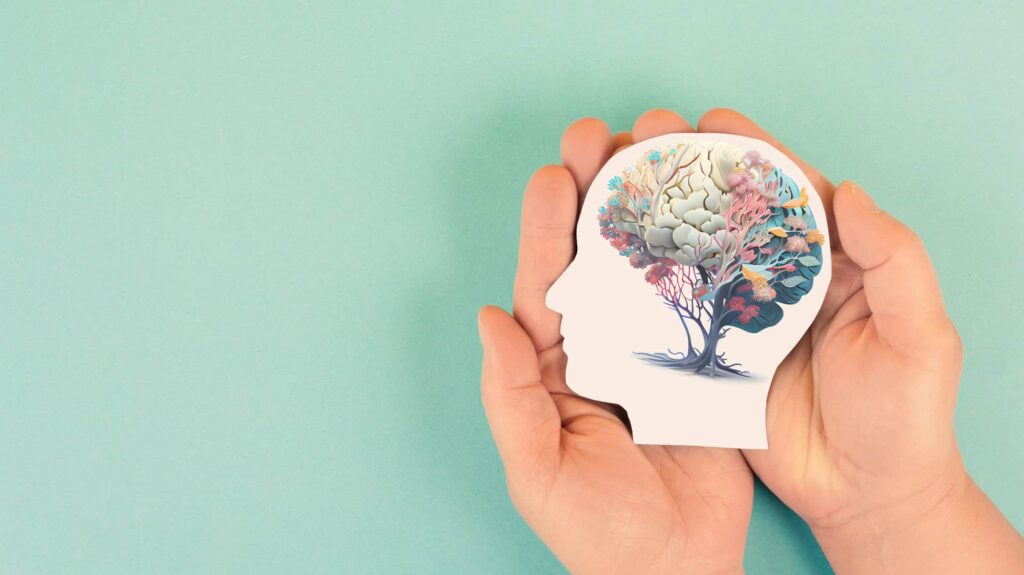Zinc is a vital mineral that plays an essential role in various bodily functions, including brain health. Emerging research has connected zinc deficiency to mental health issues such as depression, anxiety, and other mood disorders. With a better understanding of how this nutrient affects mental health, individuals can take actionable steps to improve their overall well-being. At Eat For Life, we emphasize a nutrient-rich diet to support your body and mind.
How Zinc Supports Mental Health
Zinc is involved in several neurological processes, including neurotransmitter regulation, immune response, and neuron signaling. Without adequate levels, these processes can become impaired, leading to cognitive and emotional imbalances. If you’ve been feeling low, anxious, or overwhelmed, it might be time to assess your zinc intake.
Take control of your mental well-being by paying attention to your nutrient levels. Addressing potential deficiencies could be a game changer for improving your mood disorders. Contact Eat For Life today to learn how functional nutrition can support your unique needs.
Zinc Deficiency and Mood Disorders
Depression and Zinc Deficiency
Depression is one of the most common mental health conditions globally, and researchers have linked low zinc levels with its development. Zinc is known to regulate neurotransmitters like serotonin, a crucial brain chemical responsible for happiness and emotional stability. Research indicates that individuals experiencing depression frequently have zinc levels that are below average, and taking zinc supplements has been demonstrated to alleviate symptoms. If you struggle with depression, consider incorporating more zinc-rich foods into your diet, or speak with a healthcare provider about supplementation.
By focusing on functional nutrition and addressing nutritional deficiencies, like zinc, you can naturally support your mood disorders. At Eat For Life, we offer personalized plans to enhance your mood and overall well-being.
Anxiety and Zinc
Like depression, anxiety is another mood disorder that can be influenced by zinc deficiency. Zinc has a critical function in controlling the brain’s GABA (gamma-aminobutyric acid) receptors, which relax the nervous system. This equilibrium can be upset by low zinc levels, which complicates anxiety symptoms. Evidence shows that zinc supplementation may reduce anxiety symptoms in both children and adults. If you’re dealing with constant worry or nervousness, addressing a potential zinc deficiency may provide relief.
Boost your mental health with functional nutrition. To naturally lessen the symptoms of anxiety, start by measuring your zinc levels. Reach out to Eat For Life for more guidance.

Zinc Deficiency’s Broader Impact on Mental Health
Cognitive Function and Memory
Beyond mood disorders, zinc plays a significant role in cognitive function, affecting memory, concentration, and learning capabilities. The mechanism by which neurons communicate and adapt, known as synaptic plasticity, is crucial for remembering and learning and requires zinc. When the brain lacks adequate zinc, cognitive functions begin to suffer.
If you notice trouble remembering details, focusing, or processing new information, zinc deficiency could be a factor. Supporting your mood disorders through zinc-rich nutrition and nutrient therapy could improve your cognitive abilities and prevent long-term brain health issues.
Zinc and Stress Response
Additionally essential for controlling the body’s reaction to stress is zinc. Cortisol, the hormone produced during stress, can wreak havoc on the body when elevated for extended periods. By assisting in the regulation of cortisol levels, zinc supports a healthy stress response. Low zinc levels may result in prolonged exposure to high cortisol levels, exacerbating mood disorder issues such as anxiety and depression.
Taking steps to manage stress naturally through nutrition is key to maintaining balanced mental health. Eat For Life can provide customized strategies to ensure you’re getting enough zinc and other vital nutrients.
Recognizing and Addressing Zinc Deficiency for Better Mental Health
Zinc deficiency is surprisingly common, especially among individuals who follow vegetarian or low-protein diets, as zinc is primarily found in animal products like meat and shellfish. Symptoms of zinc deficiency can include fatigue, irritability, loss of appetite, and difficulty concentrating—many of which overlap with coping mechanisms for stress conditions.
The following actions can be taken to deal with it:
- Increase zinc-rich foods: Incorporate foods like oysters, red meat, and poultry into your diet.
- Supplement wisely: Talk to your healthcare provider about zinc supplements if dietary intake isn’t enough.
- Functional nutrition plans: Work with a nutrition expert like those at Eat For Life to create a personalized plan addressing nutrient imbalances that affect your mood disorders.
Don’t let nutrient deficiencies hold you back from achieving optimal coping mechanisms for stress. At Eat For Life, we specialize in functional nutrition to help you regain balance and vitality. Contact us today to explore how we can support your mental health journey through personalized nutrition.
Regular monitoring of nutritional intake and its impact on OCD symptoms is essential. Keeping track of dietary changes and symptom fluctuations can provide valuable insights into the effectiveness of nutritional interventions. At Eat for Life, we work with individuals to refine dietary plans, ensuring they align with the overall treatment goals, biochemistry, and gut health, while supporting optimal mental health.








